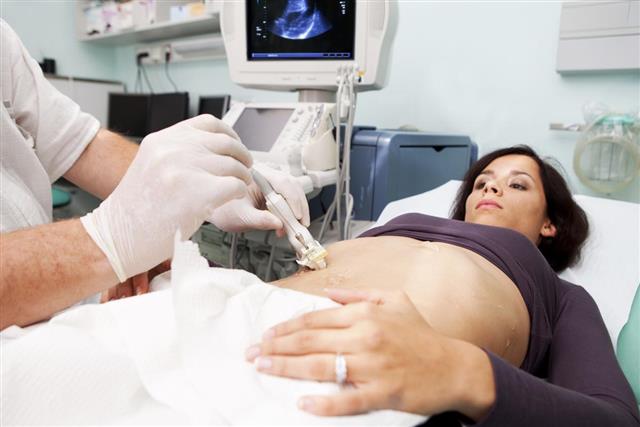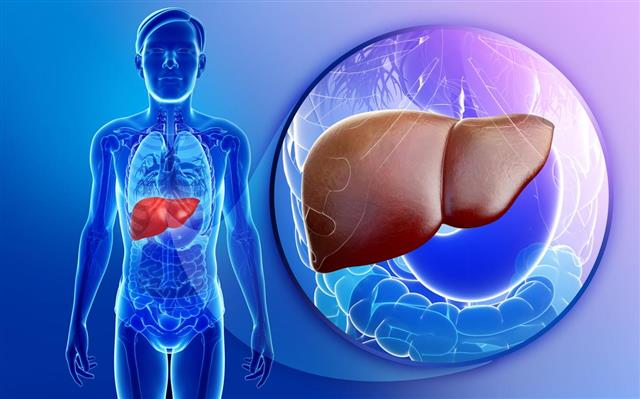
Hepatosplenomegaly, or enlarged spleen and liver, is a common condition associated with a wide range of diseases and disorders. Discussed in the following article are the causes of this condition and the available treatment options.
The medical condition characterized by swelling of liver as a result of some underlying infection, metabolic disorder, or direct toxicity, is known as hepatomegaly. Similarly, the medical condition characterized by enlargement of spleen due to any disease which triggers red blood cell destruction in the spleen is known as splenomegaly. At times, the person experiences the swelling of liver and spleen at the same time. This medical condition, predominantly characterized by swelling of both the organs at the same time, is referred to as hepatosplenomegaly (abbreviated as HSM).
Hepatosplenomegaly, better characterized as a symptom rather than a disorder, can be caused due to numerous diseases and disorders. Most often, it is attributed to diseases which cause harm to the kidney, liver, or the red blood cells in the body. These include infections, like acute viral hepatitis, malaria, cytomegalovirus, and infectious mononucleosis, as well as hematological diseases, such as leukemia, lymphoma, sickle cell anemia, and myeloproliferative disease.
Genetic disorders, like sickle cell anemia and Gaucher’s disease, are also known to cause the liver and spleen to swell. In children, the juvenile form of Gaucher’s disease, known as Type 3 is the most prominent cause of this condition. Similarly, the lysosomal storage diseases, which usually affect children, may also cause these organs to swell. In case of non-Hodgkin’s lymphoma and other such cancers, the liver and spleen continue to enlarge as the cancer progresses, which can be extremely painful for the patient.
Even though the condition is more a symptom than disorder, it can be reflected in form of behavioral (e.g. difficulty in eating large meals) and physiological (e.g. experiencing moderate to excessive pain in the stomach) changes in the person. Having said that, one needs to note that the condition plays a crucial role in the diagnosis of several underlying conditions. In fact, it is more likely to be accompanied by symptoms like fever, chills, or vomiting, depending on the underlying condition that the person is suffering from.
As a part of the diagnostic procedure the doctor will check the person’s medical history and undertake a physical examination. Spleen and liver enlargement can be determined by pressing on the abdomen. When you press right under the ribcage, you will find the spleen which will be extended if enlarged. On the other hand, if enlarged, the liver will be tender to touch. Similarly, a series of tests, like abdominal and chest X-ray, ultrasound or CT scan of the abdomen, liver biopsy, and certain blood tests can help in ascertaining whether the liver or spleen are swollen.
There are chances that the person may not even realize that he is suffering from this condition until a considerable time has passed. This usually happens when the pain from this condition is misdiagnosed for some other ailment. The resultant delay in treatment can further worsen the condition, and therefore, it is wise to avoid taking the condition lightly. Whenever you experience pain in any specific region of the stomach, you should promptly consult a medical professional and initiate further treatment.
The treatment of enlarged spleen and liver usually revolves around the treatment of the underlying condition. In case of cancer, for instance, its treatment will help in reducing the swelling. (The stage at which the cancer is will matter–if it is in an advanced stage, the person will have to undergo a more aggressive form of treatment.) On the other hand, if the condition has been triggered by some underlying infection, the doctor will recommend antibiotics for the treatment of the same.
Though rare, the chances of the spleen rupturing, which may lead to heavy blood loss, cannot be ruled out. Taking into consideration the seriousness of the issue, it is wise to opt for the treatment of enlarged spleen promptly and get it removed surgically, if required. The liver, which helps in converting plasma into blood, and the spleen, which helps in clearing unwanted bacteria from the body, are crucial for the smooth functioning of the human body, and therefore, any threat to them has to be taken seriously at the onset.






